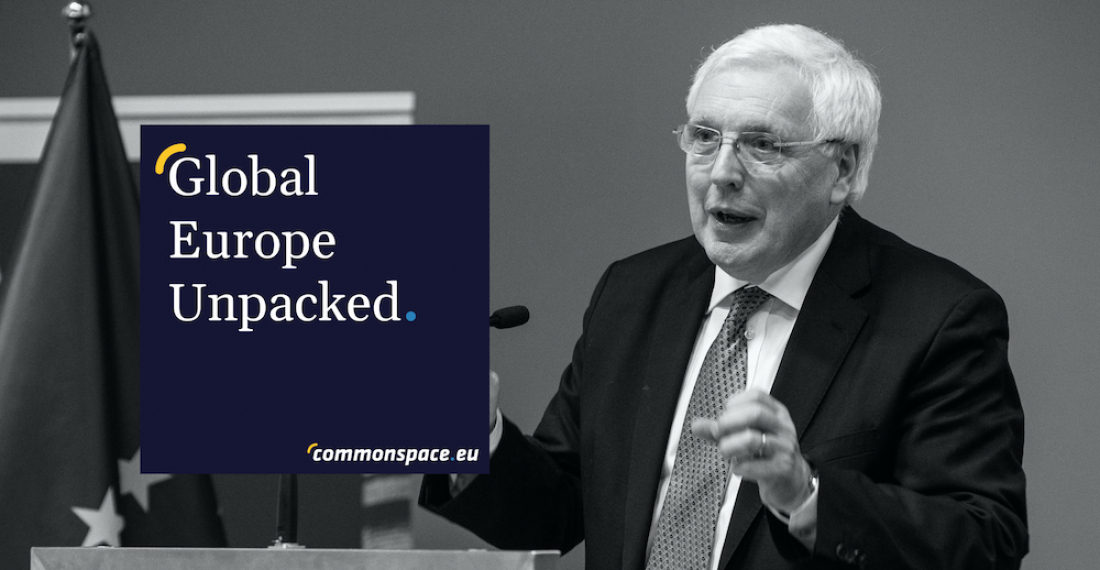“What would help is if the Europeans could sell this idea in Washington and in NATO more in terms of capabilities and less in terms of independence.”
[The podcast is also available on all of the usual channels, including Apple Podcasts, Spotify and Google Podcasts]
For more than seven decades the North Atlantic Treaty Organisation has been the most potent security organisation on the European continent, an embodiment of the transatlantic relationship, and a bulwark against any threat to states that form part of it. NATO is based on the principle that an attack against one or several of its members is considered as an attack against all. This is the principle of collective defence, which is enshrined in Article 5 of the Washington Treaty signed in 1949.
Today, NATO has 30 member states, all on the European continent except Canada and the United States. After the end of the cold war in 1991 some doubted if NATO was needed any more, yet subsequent developments have shown that the organisation’s tasks, whilst evolving, remain absolutely pertinent to the present and future realities.
Most EU member states are also NATO members, but not all. But calls for closer EU-NATO relations have increased, with ideas on burden sharing where appropriate. Some have even called for the EU to take over all of NATO’s responsibilities, but these calls are widely dismissed. Defining an optimal way for EU-NATO co-operation to develop is one of the many challenges facing the two institutions
Given the changing nature of conflict, NATO has had to change too. For the future, hybrid warfare, cyberattacks, and violent non-state actors are as much likely to be the sort of threats NATO has to deal with as were the classic tank battles of the past.
In this episode of Global Europe Unpacked, I speak to Dr Jamie Shea – a professor in Strategy and Security at the University of Exeter and NATO’s former Deputy Assistant Secretary General for Emerging Security Challenges, well known as the organisation’s spokesperson during the Kosovo war – about:
- why NATO is still relevant in 2021;
- how NATO is dealing with the new threats;
- how NATO should handle a modern Russia;
- whether Georgia and Ukraine should be allowed to join NATO;
- what President Joe Biden means for NATO; and
- whether the EU’s global ambitions are compatible with NATO.
It was also broadcast on Radio GIPA FM 94.3 in Tbilisi, Georgia, on Thursday 11 February at 16:00 local time (13:00CET).






